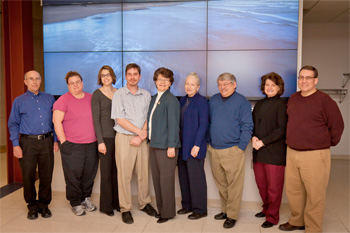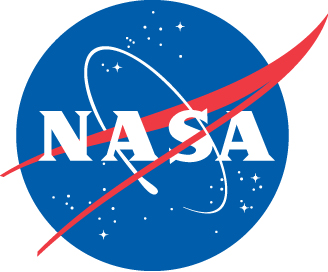About Exploring the Environment
 Welcome to the Exploring the Environment through Global Climate Change Education problem-based learning (PBL) website. The Center for Educational Technologies at Wheeling Jesuit University has expanded the popular Exploring the Environment website with funding from the NASA Innovations in Global Climate Change Education program. The new modules provide a comprehensive problem-based learning approach to the study of climate science.
Welcome to the Exploring the Environment through Global Climate Change Education problem-based learning (PBL) website. The Center for Educational Technologies at Wheeling Jesuit University has expanded the popular Exploring the Environment website with funding from the NASA Innovations in Global Climate Change Education program. The new modules provide a comprehensive problem-based learning approach to the study of climate science.
The new modules are designed to increase middle school and high school student climate literacy using NASA satellite imagery and data sets as integral resources. Students participating in the program gain a better understanding of the historical perspectives of global climate change research, the impacts of changes in environmental indicators, and the possible human consequences to predicted global climate change. They also practice applying research skills to locating relevant data, analyzing data to identify trends, and using data to support a position on environmental issues.
The problem-based learning components feature problem scenarios that require students to research the aspects involved in the scenarios to work out solutions. Scenarios cover a range of topics from global mean temperatures, biodiversity, and human health effects of global climate changes.
Teachers choose from scenarios to supplement classroom topics or to reinforce mandated national and state science standards. Students can choose from scenarios according to their inter ests to solve open problems—problems that scientists are working on today.
ests to solve open problems—problems that scientists are working on today.
Global climate change PBL students think critically to investigate the scenario, to consider varying perspectives of complex problems, and to report their findings to the class. Students access a variety of resources to obtain the information they need to complete the activity. Students should be encouraged to use a wide range of resources, including Internet sites, library resources, and interviews with environmental professionals.
The following pages and materials address cooperative learning, problem-based learning, instructional methodologies, and assessment. Each scenario has student support materials. The PBL site also provides a variety of teacher support information that reviews characteristics of PBL modules.
Pictured: The Exploring the Environment-Global Climate Change development team.
Research has suggested that using problem-based learning approaches to teaching and learning enhances interest in the subject matter, increases retention of knowledge, and improves self-directed learning skills.
We hope these materials assist you in your teaching and help your students master the curriculum and concepts needed for further climate science studies.



